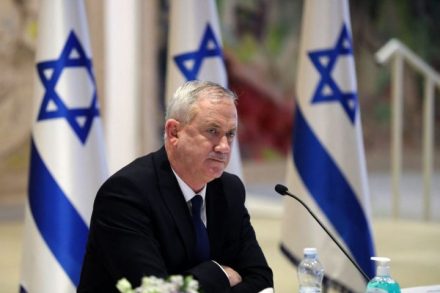Raisi’s successor is unlikely to end Iran’s western shadow war
Even before Tehran had formally announced the death of President Ebrahim Raisi, conspiracy theories as to whether foul play was to blame began coming in rapidly. Was Israel’s Mossad, the go-to organisation Iran likes to blame for almost any catastrophe that befalls the Islamic Republic, behind the helicopter crash? Was it the CIA, the same organisation which swept the Shah to power in a coup d’état in 1953? Or was it one of many internal enemies Raisi had managed to accumulate after his years in power? Raisi, after all, had no shortage of enemies both within and outside the regime. He was responsible for the mass executions of an estimated





















